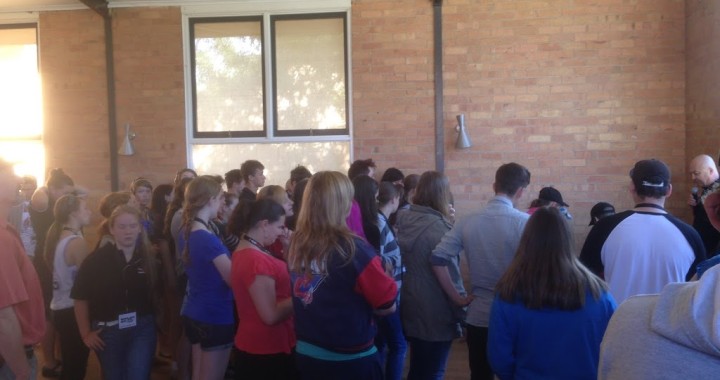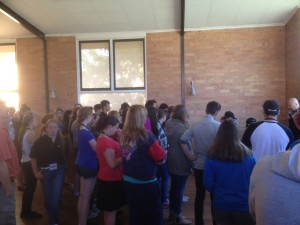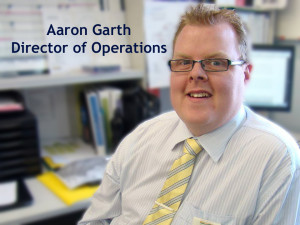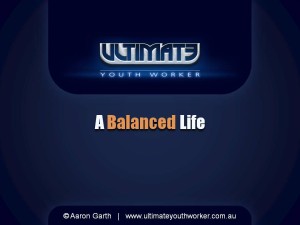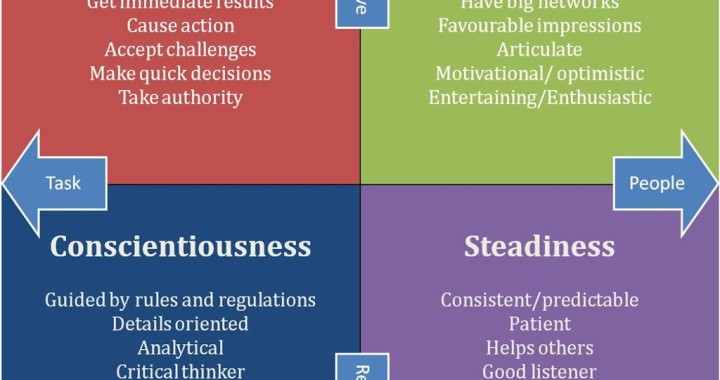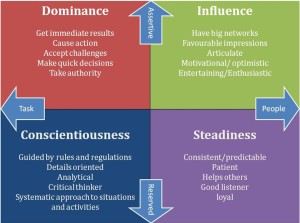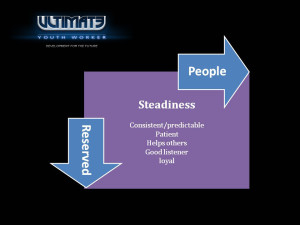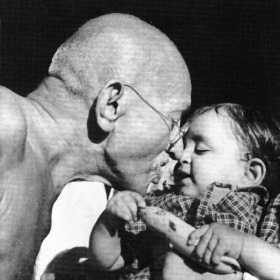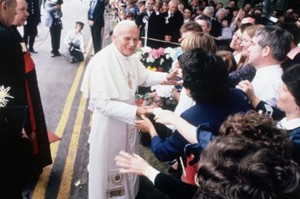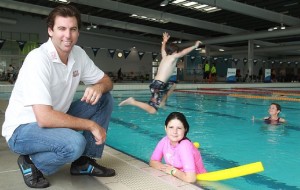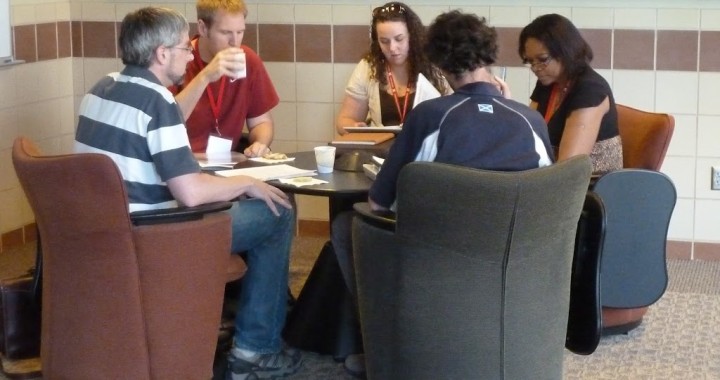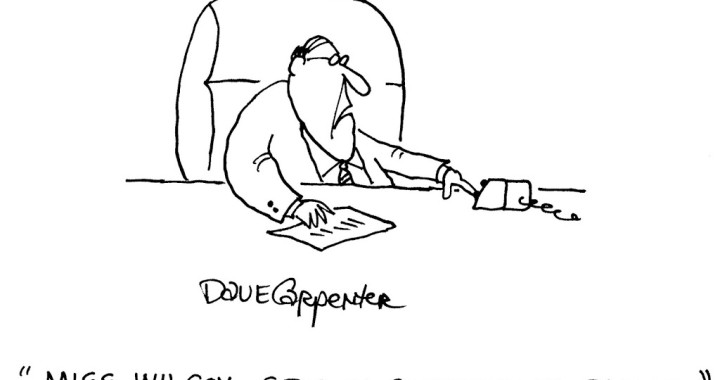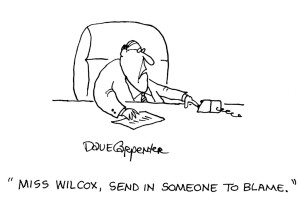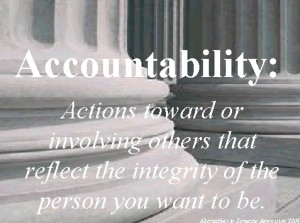Tag Archives: reflective practice
sometimes even seasoned youth worker’s need to re-learn a lesson.
I’m a Slut…No one will love me!!!
Two things come to mind:
Develop your own professional development plan.
Develop your own plan!
|
|
Qualifications
|
Skills
|
Behaviours
|
Abilities
|
|
1
|
|
|
|
|
|
2
|
|
|
|
|
|
3
|
|
|
|
|
|
4
|
|
|
|
|
|
5
|
|
|
|
|
You probably need some qualifications.
|
|
Qualifications
|
Skills
|
Behaviours
|
Abilities
|
|
1
|
|
|
|
|
|
2
|
|
|
|
|
|
3
|
|
|
|
|
|
4
|
|
|
|
|
|
5
|
|
|
|
|
What skills might you need?
|
|
Qualifications
|
Skills
|
Behaviours
|
Abilities
|
|
1
|
|
|
|
|
|
2
|
|
|
|
|
|
3
|
|
|
|
|
|
4
|
|
|
|
|
|
5
|
|
|
|
|
What do you mean by behaviours?
|
|
Qualifications
|
Skills
|
behaviours
|
Abilities
|
|
1
|
|
|
|
|
|
2
|
|
|
|
|
|
3
|
|
|
|
|
|
4
|
|
|
|
|
|
5
|
|
|
|
|
Do I have the abilities I need?
|
|
Qualifications
|
Skills
|
behaviours
|
Abilities
|
|
1
|
|
|
|
|
|
2
|
|
|
|
|
|
3
|
|
|
|
|
|
4
|
|
|
|
|
|
5
|
|
|
|
|
If you can fill in all 4 columns then you will have twenty areas from which to benchmark yourself. You may already be ok in a number of these areas or you may have none. Once you have your list of twenty work out which ones you need and go and get them.
There you have it… a professional development plan you can do in an evening of brainstorming.
If you haven’t yet sign up for our newsletter to find out all the goings on at Ultimate Youth Worker. The form at the top right of this page is all you need to do.
You can sign up to have our blog posts sent straight to your email by adding your email to the subscribe button on your right.
You can also leave us a comment below or post a comment on facebook and twitter.
Observe the S in DISC for youth worker’s
Here are our top five tips for working with people with STEADINESS behavioural traits:
-
Be logical and systematic: These guys struggle with priorities and systems but they need to have a plan of action, otherwise they would spend all day around the watercooler or at a cafe chatting about your life. set clear boundaries and timelines for task completion.
-
Provide a secure environment: They do not like change! Make their environment as predictable as you can. Do not ask them to change thier password, move desks, do a rush presentation or lead a project that needs a quick resolution. Make them feel safe.
-
Tell them about change early: If there needs to be a change, pre-wire them early. Give them a heads up. Provide time for them to become comfortable with the idea of change. Walk them through it step by step and address their concerns.
-
Show how they’re important: If they do something great. Minimise your appreciation in public and be as sincere as possible in private. They struggle to feel their work is important so explain how they have made a difference.
-
Teach them shortcuts: If you let them run the show it will take two days to make a cup of coffee! The conversations will take up all their time. They want consensus and a clear picture of everything that needs to be done. The key thought here is do not make the perfect the enemy of the good.
Some well known high STEADINESS behaviour holders you may know and have seen.
youth work peer consultation: reflective practice revisited
Reflective practice with your peers
We have all had those moments in our youth work career. We are stuck and we don’t want to go to the boss because we don’t want to seem incompetent. So we lean across the aisle/cube/partition and ask a colleague what they would do. Sometimes our reflective practice is not so worrying. You are having lunch and you pose a question about how you might approach a new young person to the group. On the other hand you were just chewed out about how you dealt with a particular case and you are looking for some affirmation so you explain what you did to your colleagues. When a group of peers work together to support each other through reflective practice it is called PEER CONSULTATION.
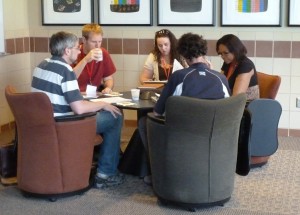 Peer Consultation, unlike a chat about the weekend around the water cooler, describes a process in which critical and supportive feedback on style and worker identity is emphasized while evaluation of practice is not. Consultation, in contrast to supervision, is characterized by the youth worker’s, “right to accept or reject the suggestions [of others]” (Bernard& amp; Goodyear, 1992, p. 103).
Peer Consultation, unlike a chat about the weekend around the water cooler, describes a process in which critical and supportive feedback on style and worker identity is emphasized while evaluation of practice is not. Consultation, in contrast to supervision, is characterized by the youth worker’s, “right to accept or reject the suggestions [of others]” (Bernard& amp; Goodyear, 1992, p. 103).
The terms ‘peer supervision’ and ‘peer consultation’ have both been used to describe similar relationships amongst colleagues. However, at Ultimate Youth Worker we believe that the difference is the outcome of the process. In ‘peer supervision’ colleagues provide a clinical evaluation of each other’s work to better individuals and the group. In ‘peer consultation’ colleagues focus on providing mutual support and advice to the individual using reflective practice.
The foundation of peer consultation is steeped in the understanding that individuals who are trained in helping skills using these same skills to help each other function more effectively in their professional roles. According to Benshoff & Paisley (1993), peer consultation provides a number of benefits to youth worker’s on the coal face including:
- Decreases dependency on ‘expert’ supervisors and provides greater interdependence of colleagues;
- Increases responsibility of youth worker’s for assessing their own skills and those of their peers, and for structuring their own professional growth;
- Increases self-confidence, self-direction, and independence;
- Development of consultation and supervision skills;
- Use of peers as models;
- Ability to choose the peer consultant; and,
- Lack of ‘clinical’ evaluation.
 Peer consultation comes in two forms. Informal chats over the partition with your colleagues and more formalised group consultations. Whichever form it takes just do it. Spending time with your colleagues in reflective practice helps you to strengthen your practice and hone your skills in a supportive environment. It provides a safe place to critically reflect on your practice within the confines of your peer network.
Peer consultation comes in two forms. Informal chats over the partition with your colleagues and more formalised group consultations. Whichever form it takes just do it. Spending time with your colleagues in reflective practice helps you to strengthen your practice and hone your skills in a supportive environment. It provides a safe place to critically reflect on your practice within the confines of your peer network.
Reference
Benshoff, J.M., & Paisley, P. O. (in press). The Structured Peer Consultation Model for School Counselors. Journal of Counseling and Development
Bernard, J.M., & Goodyear, R. K. (1992). Fundamentals of clinical supervision. Needham Heights, MA: Allyn & Bacon.
Leave us a comment below or post a comment on facebook and twitter
.
Youth Justice: Restoration or Retribution?
(A sample of the young boys handy work… It could hold over 1000 people.)
“Youth workers are facilitators of restoration not social controllers.”
If you take on the challenge to provide a restorative environment for young offenders then you may find yourself having to become a canny outlaw. It is hard to fight for whats right in the face of the easy way of following the rules. Our young people need you to speak for them. They need your actions and support. They need you to be practically wise. They need restoration.
For more info on restorative justice see Howard Zehr below.
What are your thoughts???
Leave us a comment below or post a comment on facebook and twitter.
Accountability
If you have any questions drop us an email or chat to us on facebook and twitter.
Reflective practice: Why we should journal.
Reflective practice is by no means a new idea in the field but it is one that is not widely implemented. Reasons for this are wide and varied but are mostly end up being because people do not know how to do it or what it would look like. In university courses there is often discussion about being critically reflective and aware of your work however when a student becomes a staff member the critical thinking is left behind an ever growing wall of bureaucracy and paperwork. This often leads to frustration on the part of the staff member and in more extreme cases a complete break down in effective service delivery.
When I was a young youth worker I completed an internship with a small organisation that trained youth workers to work in schools. One of the most interesting aspects of the internship (and the one I most struggled with) was a forced weekly journalling session. Some of my best reflections on where I was at as a youth worker, what I needed to work on and how I practiced came during this time. However, I struggled with the exercise because I was not given a reason to do it. I struggled because I was not given a format or template to do it. But most of all I struggled because critical reflection was not something that had been instilled in me as a youth worker either in practice or study.
- To deepen the quality of learning, in the form of critical thinking or developing a questioning attitude
- To enable learners to understand their own learning process
- To increase active involvement in learning and personal ownership of learning
- To enhance professional practice or the professional self in practice
- To enhance the personal valuing of the self towards self-empowerment
- To enhance creativity by making better use of intuitive understanding
- To free-up writing and the representation of learning
- To provide an alternative ‘voice’ for those not good at expressing themselves
- To foster reflective and creative interaction in a group
Journaling provides a great base for the individual worker to begin to develop their reflective practice. Here is one template i have come accross that has worked over the years to help me reflect on my practice.
- Identify and describe the experience/issue/ decision/incident
-
Identify your strengths as a practitioner
-
Identify your feelings thoughts; values, feelings and thoughts of others involved
-
Identify external and internal factors; including structural/oppressive factors etc
-
Identify factors you have influence or control over and those you don’t ( do others?)
- Identify knowledge used:
- factual
- theoretical
- practice
-
Develop an action plan: what do I need to do first, second and third and so on
Let us know how you go on facebook and twitter.
References
Let us know how you go on facebook and twitter.





